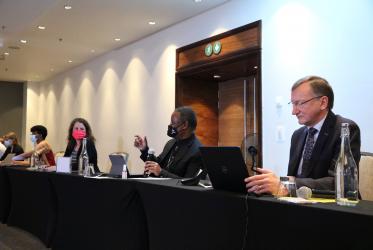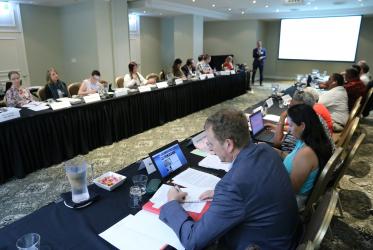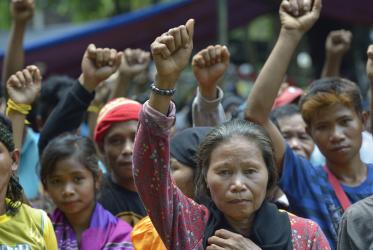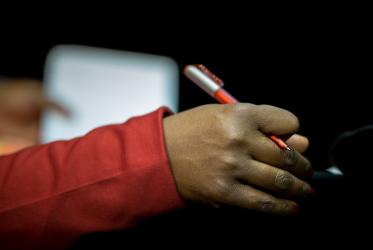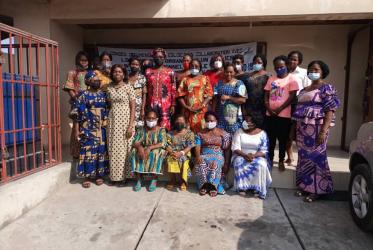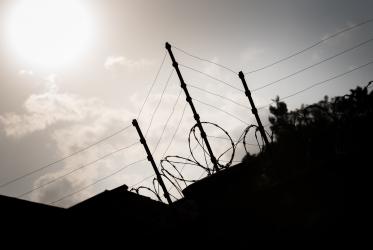Displaying 101 - 120 of 689
WCC expresses grave concern over political situation in Sudan
29 October 2021
Protecting Ethiopia’s church forests
27 October 2021
Workshop on HIV stigma, treatment adherence opens in Tanzania
29 September 2021
South Sudanese Churches shelter populations displaced by floods
23 September 2021
Churches offer some relief in Kenya’s drought disaster
16 September 2021
WCC expresses concerns over reinstatement of death penalty in Malawi
07 September 2021
